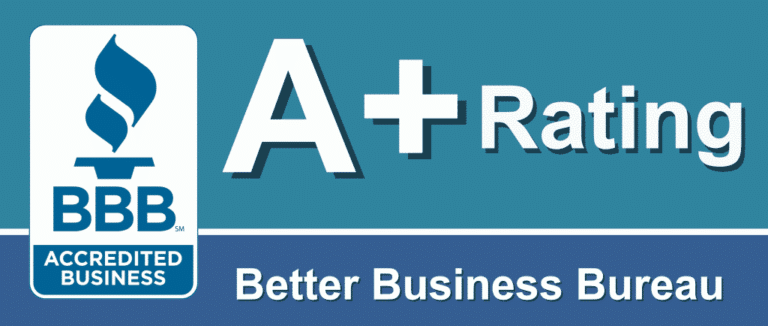As you lay back in the dentist’s chair at the dentist’s office the last thing you are probably thinking about is the poor sleep that you have been getting recently. However, as you talk to your dentist, you begin to realize that your sleep and dental health are directly related.
How can that be, you may ask?
Sleep breathing disorders are often first detected by a dentist. These disorders are usually found rooted within the muscles in the back of the throat, tongue size, jaw size, all areas that dentists see as they examine you. One of the most common sleep breathing disorders is sleep apnea.
What is Sleep Apnea?
Sleep Apnea is a condition in which there are repeated breathing interruptions during a sleep cycle. Some signs that you may have sleep apnea are:
- Snoring
- Someone telling you that you stopped breathing during your sleep
- Waking up with a dry mouth
- Morning headaches
- Trouble staying asleep
- Trouble staying awake during the day
- Irritability
- GERD (Gastroesophageal Reflux Disease)
There are several different types of sleep apnea. They are as follows.
- Obstructive sleep apnea is when the muscles in your throat relax while you are sleeping, which causes your airway to narrow as you breathe in. Which, in turn, results in you not getting enough oxygen. Your brain recognizes this and wakes you up so that your airway can reopen. You usually do not recall this happening because it happens quickly.
- Central sleep apnea is less common, and results from your brain not signaling your breathing muscles. This means that your brain forgets to remind you to breathe as you sleep.
- Complex sleep apnea syndrome is a combination of the two other forms of sleep apnea.
- Hypopnea is a mild apnea; however, the results can be the same even though not as severe as frank apnea.
How is this related to your dental health?
Grinding or clenching of your teeth is often associated with a sleep breathing disorder, like sleep apnea. This grinding or clenching can lead to headaches, worn down teeth, pain in your jaw, and TMD (temporomandibular dysfunction). In addition to teeth clenching, continuous snoring wears down your oral health. As you snore, your mouth begins to dry out; there less saliva fighting off bacteria. This allows bacteria and other organisms to multiply leading to infections, sores, and decay.
How is this related to overall health?
People with sleep apnea have a higher incidence of stroke, cardiovascular disease, hypertension, cancer, and dementia.
How do I know if I have a sleep breathing disorder?
Oral factors that are taken into consideration when looking at sleep apnea are things such as:
- Size of your jaws
- Sleep Bruxism
- What your tongue looks like, scalloped edges are an indicator of sleep apnea
- What your throat looks like, redness can be an indication of excess snoring.
- Neck size
- Weight
What can you do if you suspect a sleep breathing disorder?
Talk to your dentist during your next check-up. If they suspect sleep apnea, they can help connect you to a sleep study so that it can be verified. A sleep study will track your sleep and mark your snoring, sleep position, oxygen levels as well as any apnea. A 3D Dental CAT Scan offers a powerful airway analysis function (restrictive airway and airway volume).
Once you have been diagnosed with a sleep breathing disorder, your doctor can make some recommendations based on your situation. Some of the treatments for sleep breathing disorders are as follows:
- Lifestyle changes. These changes can include losing weight, exercising regularly, avoiding certain medications, changing sleeping positions, and no smoking.
- The use of continuous positive airway pressure (CPAP) devices can provide air pressure through a mask while you sleep. This additional air pressure is used to keep your airway open, which prevents apnea and snoring.
- Fabrication of an oral sleep appliance that helps open the airway.
- Seeking the care of a holistic health practitioner knowledgeable in detoxification and versed homeopathic treatment for sleep apnea.
- Surgery is usually only used when other options have not worked. Surgeries that may be recommended are surgeries to rework the tissue in your throat or back of your mouth, alter your jaw structure, or nerve stimulation.
These comprehensive sleep-disordered breathing (SDB) treatments are simply some of the ways to help treat your sleep breathing disorder.
How Can We Help You:
At Breiner Whole-Body Health Center in Fairfield, CT, we will look at every aspect of your health to ensure that you receive the best treatments for you. We can help you from the dentist chair to the sleep study to finding you a treatment that works for you.


